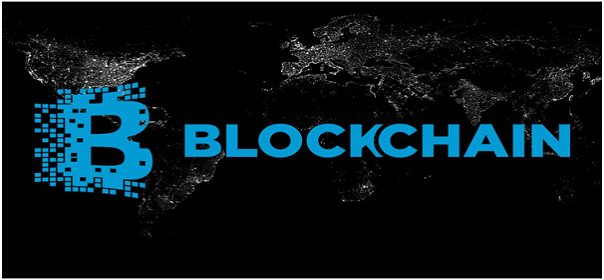Blockchain promises a world where all transactions can be logged, viewed and monitored in real time. There are potential implications for a wide variety of sectors and professions, not least accountants and auditors. Combining blockchain payment rail with online and social identity reduces the cost of lending. As blockchain reduces the cost of small value international payments to less than 5 cents, it is possible to imagine new business models in finance.
Blockchain Microfinance
The potential of blockchain lies in its ability to create a distributed ledger of transactions, of which all participants have an identical copy that can be accessed and viewed in real-time. There are huge implications for payments, and therefore accountants, but also for any industry or process relying on the sharing of information in a secure and timely fashion.
Microfinance is a boon to the poor and low-income clients and is often defined as financial services offered by different types of the service providers. This term is also used to refer to the loans and other services from the providers and gave rise to the first Blockchain Microfinance services implementation.
The blockchain technology stores data processed through a distributed network of computers on the internet, all using the same program, in blocks that hold batches of validated transactions. Blocks are then linked together like a chain, reinforcing the structure.
Tampering of information in a conventional database is difficult, but can be readily done if the authority of the system’s manager is stolen. In contrast, the revision of data in a blockchain is nearly impossible, even by its manager, because multiple computers verify every transaction occurring on the system, effectively keeping tabs on each other.
The technology also realizes drastic cost cuts because it creates highly reliable systems using inexpensive cloud computing.
Using Blockchain things can be relatively simpler.
Blockchain can build a ledger system that can handle all transactions with digital signatures, and the data cannot be manipulated at all. Blockchain will solve the problems of developing countries to easily compress their budgets down to, say, 1/10 or 1/100. Also, microfinance is aggregation of very small transactions, which can be summed up to a large chunk of fee using the existing banking infrastructure. Blockchain can potentially eliminate those fees and bring better user experiences to microfinance.
The Anglo African team can assist you in unlocking the full potential of FinTech for the prosper of your business. If you have any queries, or if you would like further information, please contact us on 2331636 or by e-mail at contact@infosystems.mu.

